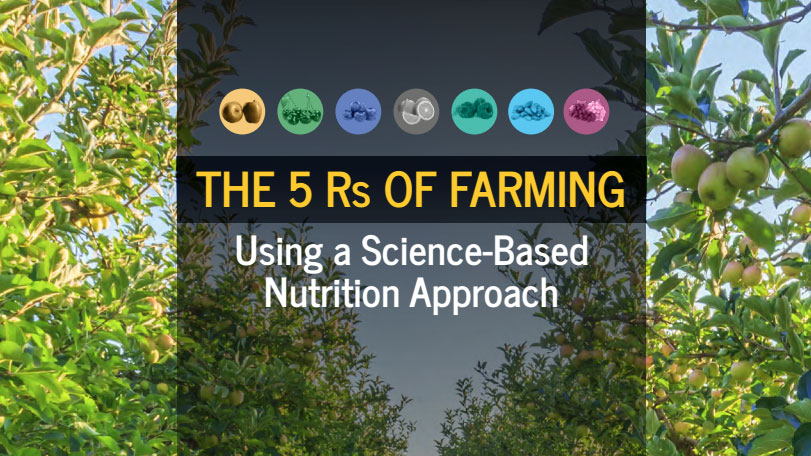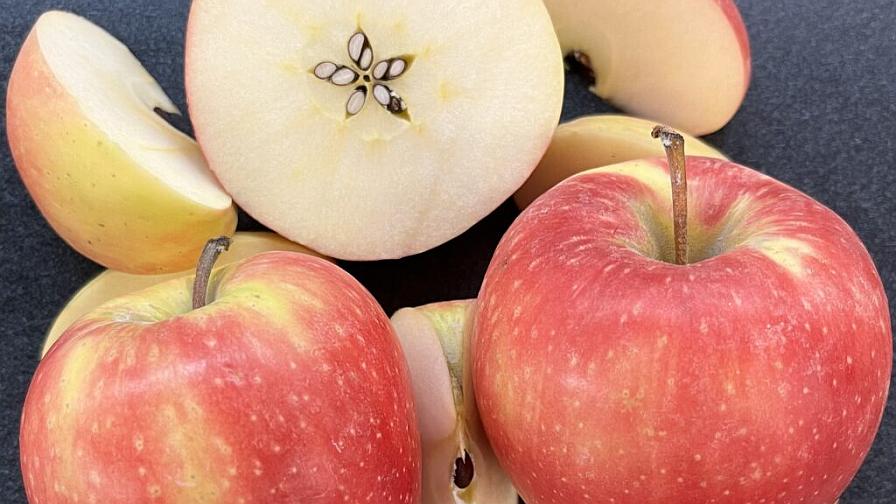Research Says Consumers Will Pay More For Biotech Potato Products
Consumers are willing to spend more for genetically modified (GM) potato products with reduced levels of the acrylamide, a chemical compound that has been associated with cancer, according to new research from an Iowa State University economist.
In a press release from Iowa State University, Wallace Huffman, Charles F. Curtiss distinguished professor in Agriculture and Life Sciences who contributed to the project, said the findings emphasize the importance of educating consumers on the use of biotechnology in food production.
“This is a complicated issue so it’s important for consumers to get information on how the technology works and its potential benefits,” Huffman said.
Acrylamide studies have linked it to cancer in animals, and FDA has encouraged the consuming public to reduce its intake of foods containing the substance. According to the news release, acrylamide accumulates naturally in starchy foods cooked at high temperatures, such as roasted nuts or the crusts of bread. Potato products, such as french fries and potato chips, make up the biggest source of acrylamide consumption in the U.S., Huffman said.
To cut down on the formation of acrylamide, potato growers have tried conventional plant breeding techniques. Biotechnology and genetic modification, however, have yielded more promising results, he said.
The research conducted by Huffman attempts to gauge consumer attitudes toward experimental GM potato products. Although GM food has sparked controversy, the results of the research indicated a willingness among consumers to pay more for GM potato products that reduce the formation of acrylamide than for conventional potatoes. These results provide evidence that consumers are willing to pay more for enhanced food safety, even when it’s delivered through biotech methods, Huffman said.
For instance, participants were willing to pay $1.78 more for a 5-pound bag of potatoes after they received information from a scientific perspective on hazards associated with acrylamide exposure and a potato industry perspective on dramatically reducing acrylamide in potato products using biotechnology. Likewise, the participants were willing to pay an extra $1.33 for a package of frozen french fries after they received materials explaining the scientific implications of human exposure to acrylamide.
About 300 people in the Boston, Los Angeles, and Des Moines areas were included in the study. The participants were involved in an experimental auction market for various potato products both before and after receiving materials on acrylamide and the biotechnology used to reduce the formation of acrylamide.
Each subject received a combination of information from various perspectives including potato growers, food scientists, and environmental groups.
Click here for more information.
Source: Iowa State University










